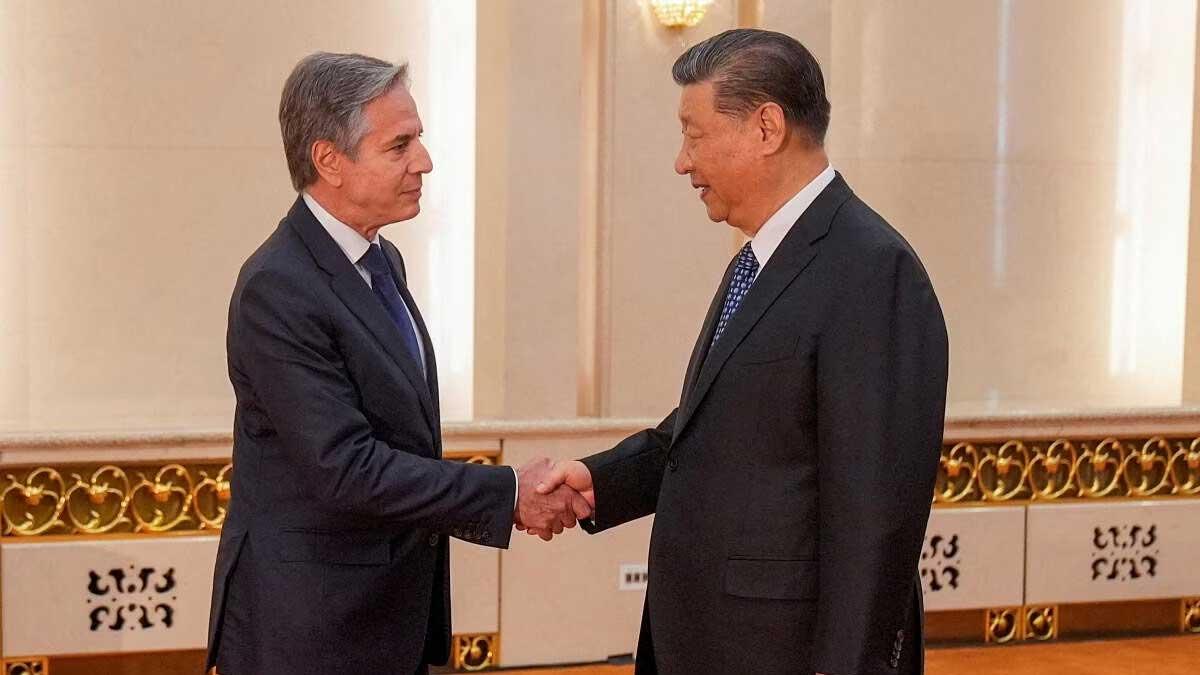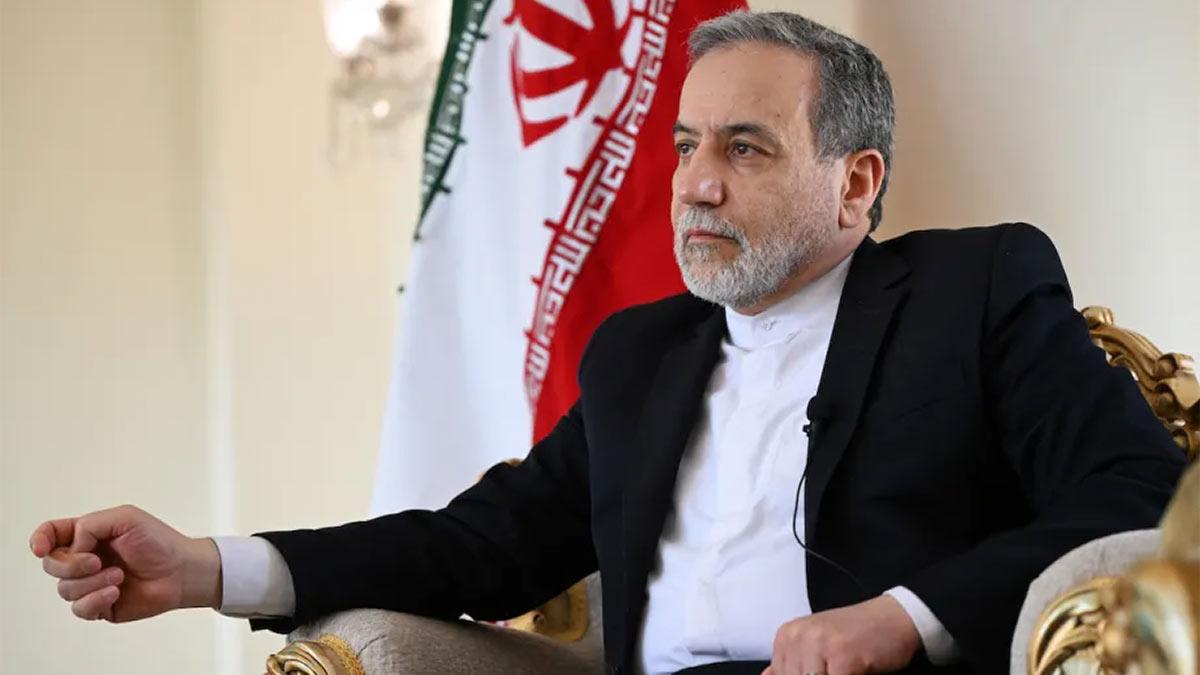Amidst a backdrop of various contentious issues, such as China's support for Russia in the Ukraine conflict and US pressure regarding global trade practices, China and the US managed to find common ground in a five-point consensus aimed at stabilizing their strained relationship. This consensus was reached following a tense meeting between President Xi Jinping and Secretary of State Antony Blinken.
During their exchange, President Xi maintained China's willingness to engage in competition but stressed that it should lead to mutual progress rather than being a zero-sum game. He also emphasized China's commitment to non-alignment and urged the US to avoid forming exclusive alliances that could be perceived as containment strategies.
In response, Secretary Blinken highlighted concerns about China's support for Russia and its actions in the South China Sea, as well as its military assistance to Taiwan. He underscored the need for China to address these concerns to prevent further escalation of tensions.
Both leaders expressed a desire for partnership rather than rivalry, with President Xi urging the US to be consistent in its words and actions. Secretary Blinken reiterated the readiness of the US and its allies to take additional measures if necessary to address their concerns about China's behavior.
Following their meeting, discussions continued between Blinken and his Chinese counterpart Wang Yi, focusing on measures to stabilize bilateral ties. Wang cautioned against crossing China's "red lines" and emphasized the importance of mutual respect and cooperation.
While progress towards stabilization was noted, challenges remain, particularly regarding issues such as Taiwan and trade. Wang emphasized China's right to development and called for fair competition and mutual respect in international relations.
Both sides agreed on a five-point consensus, which includes maintaining dialogue on global issues, strengthening communication channels, and expanding cultural exchanges. They also agreed to hold the first meeting of a dialogue on artificial intelligence and continue consultations on various regional and maritime matters.
Read also | China's Chief Diplomat Highlights: 'Negative factors' up in relationship with US


















